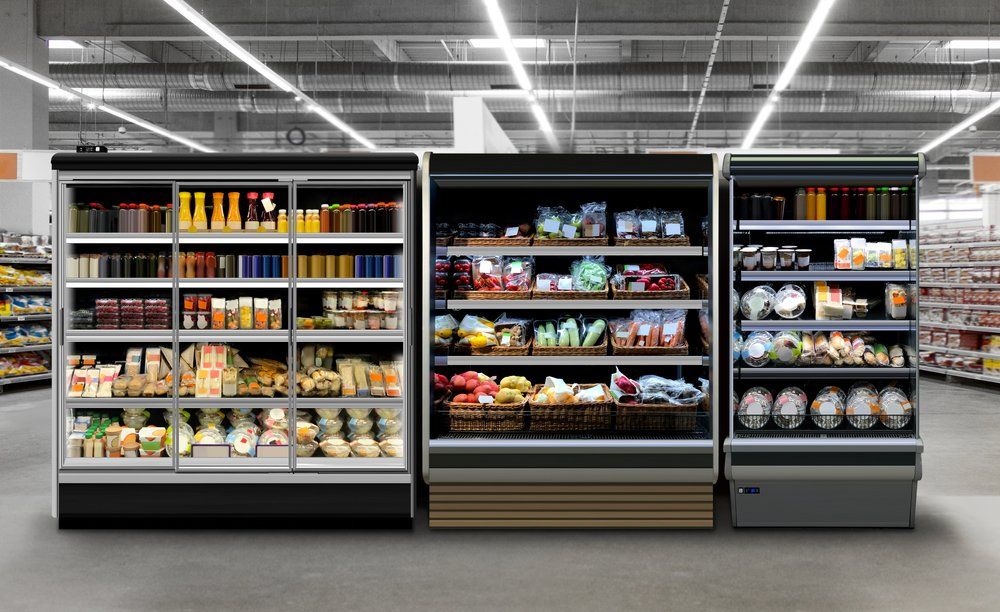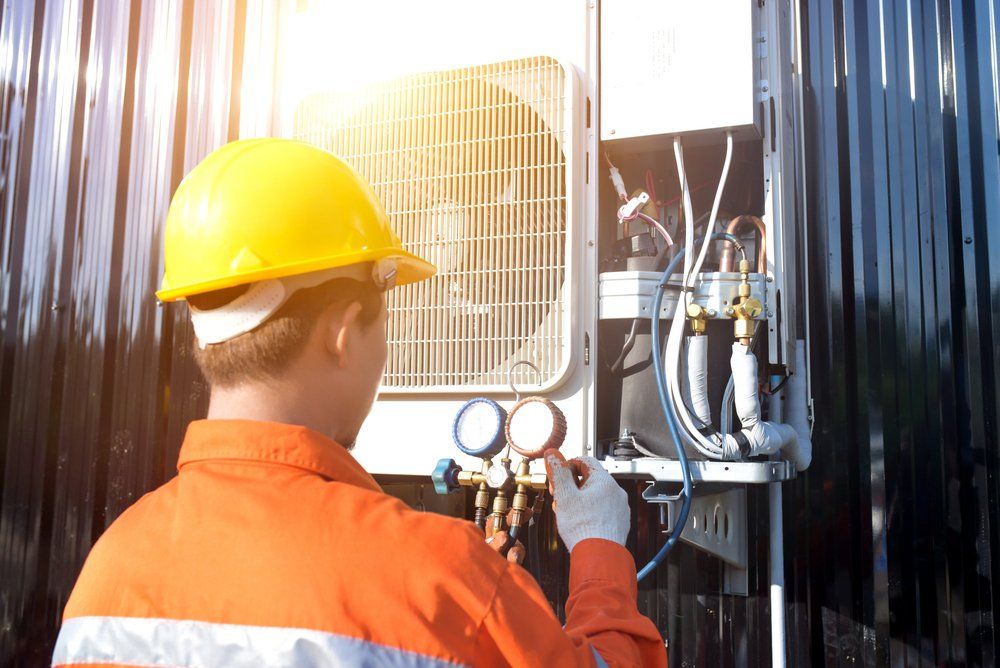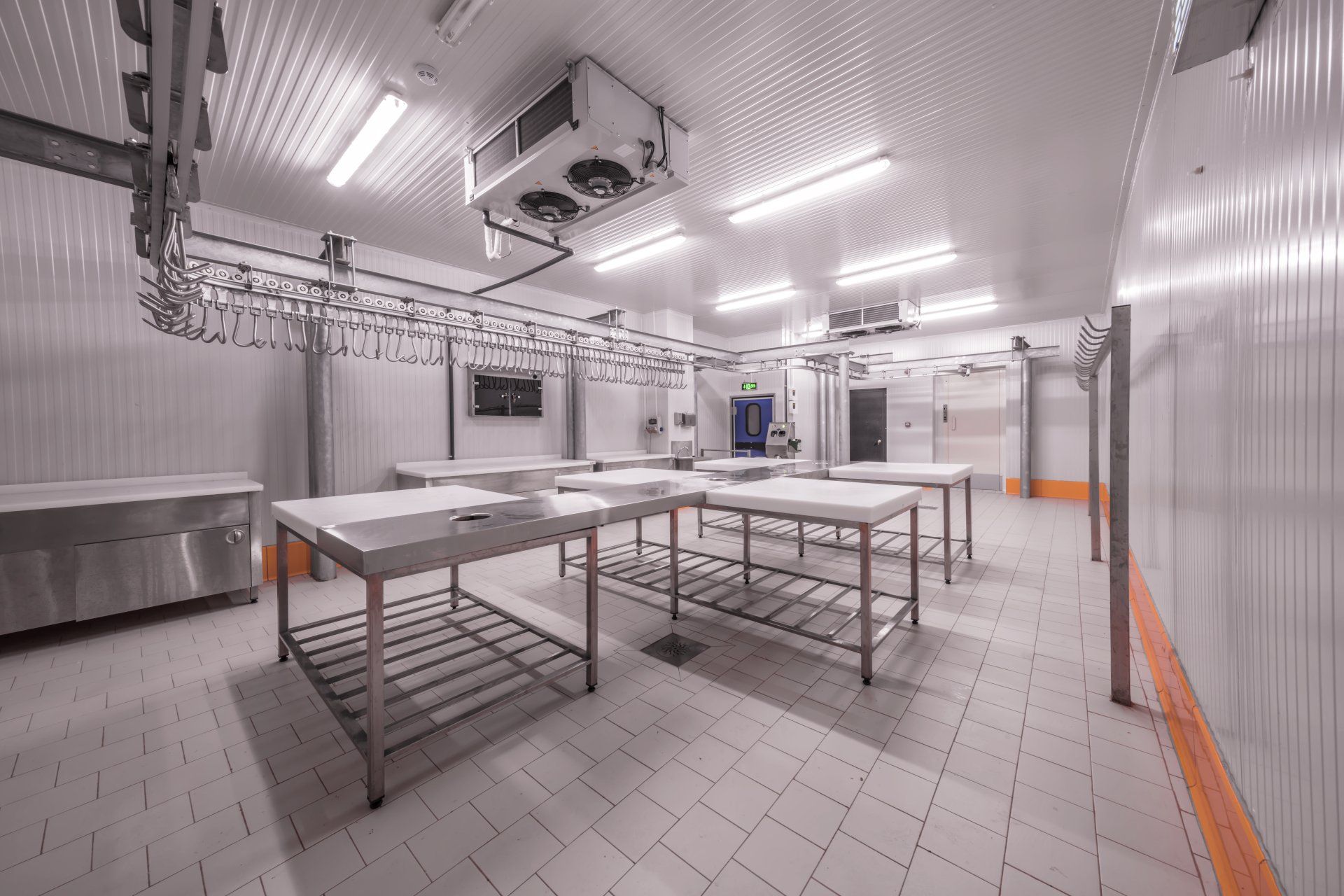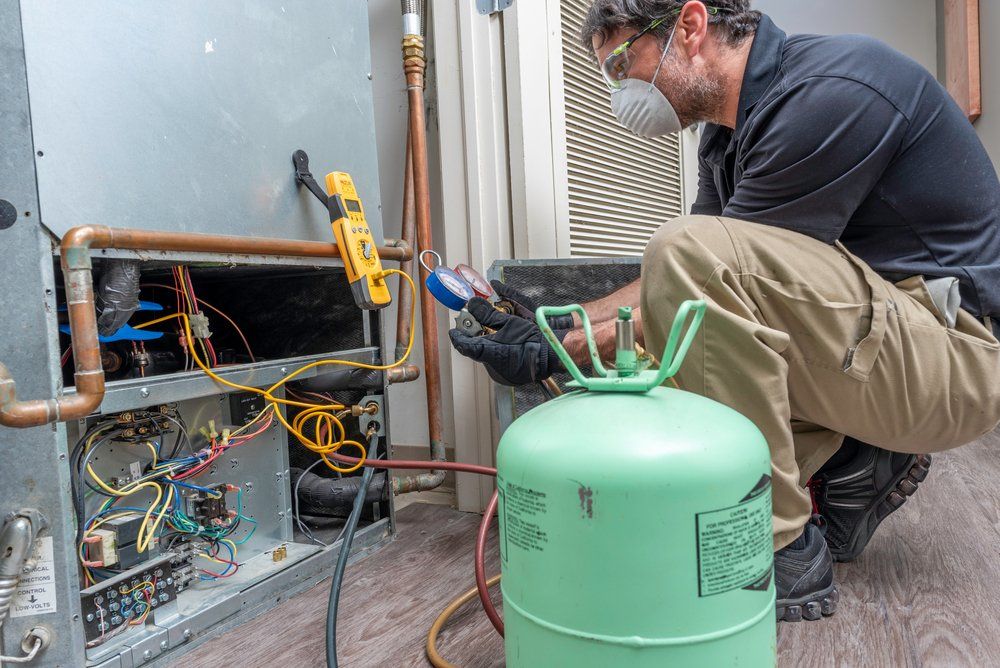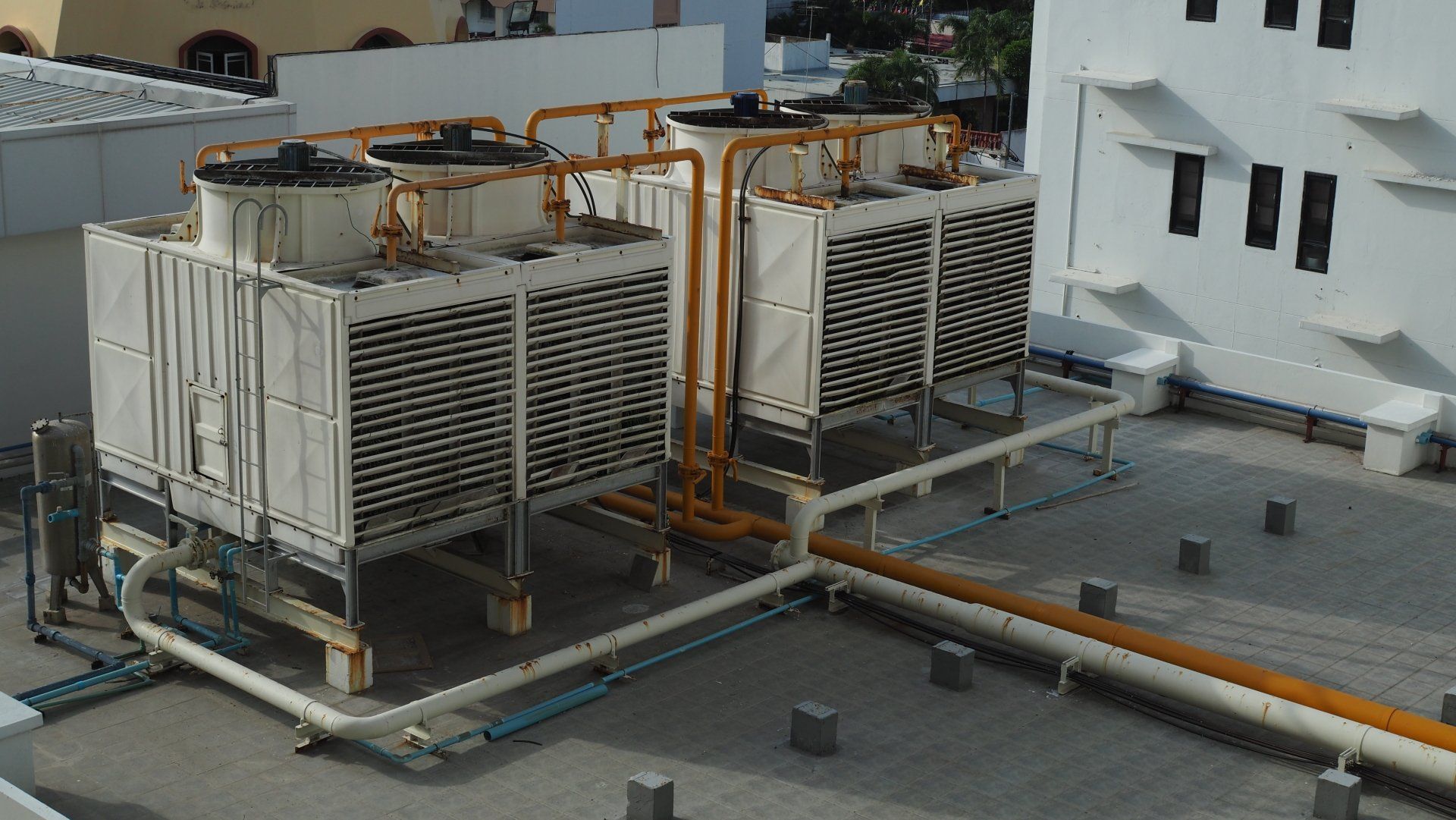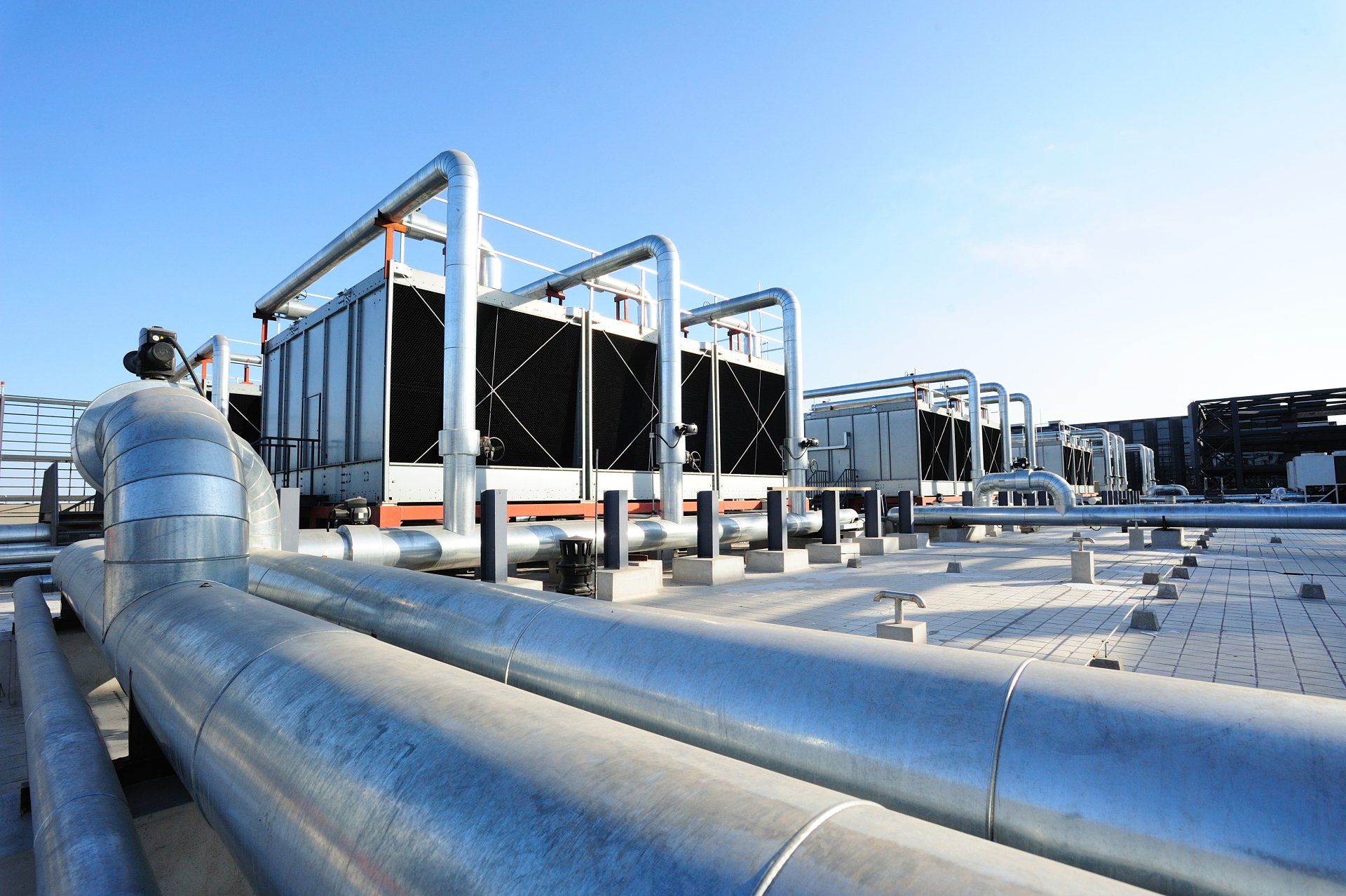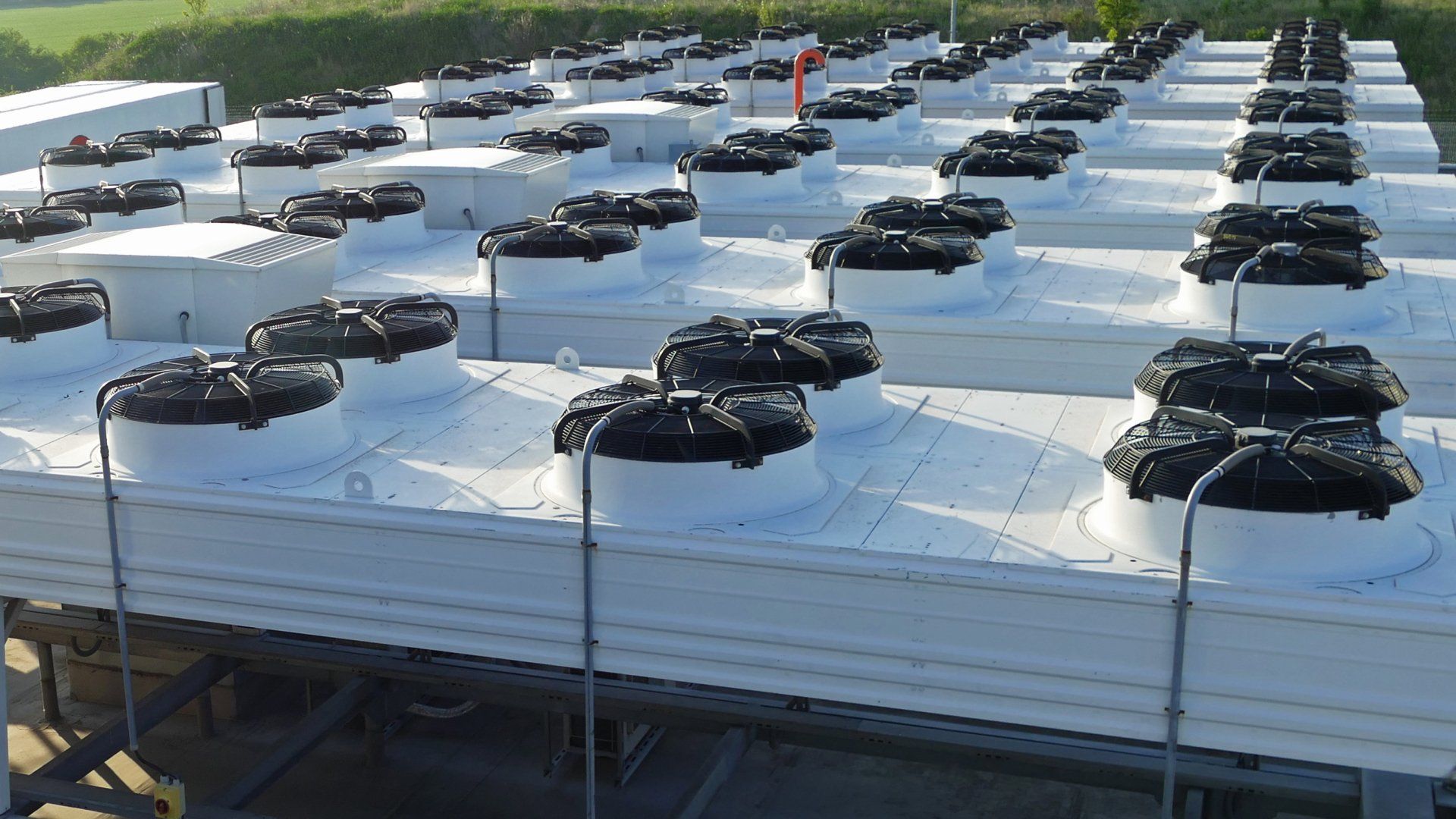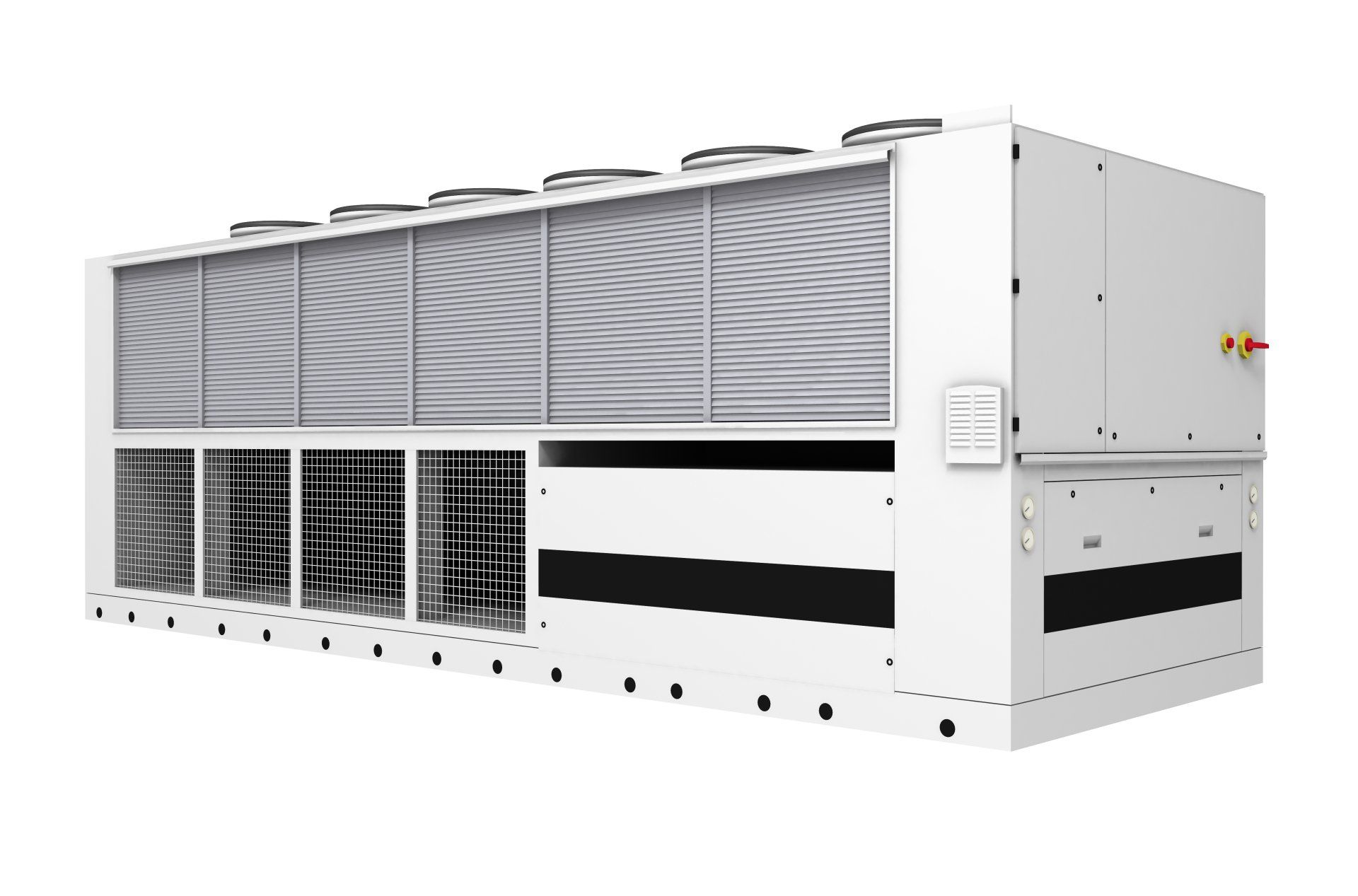Complete Guide to Commercial Air Conditioning
Commercial air conditioning is extremely important for any business that requires industrial level chilling to operate efficiently. But it can also be expensive to maintain.
The experts at Industrial Refrigeration Solutions have put together your complete guide to commercial air conditioning – what it is, how it works, the different types available, and how it can be installed.
What is commercial air conditioning?
Commercial air conditioning refers to the cooling, heating, and dehumidifying of the air in a commercial space, including offices, factories, storage facilities, retail, and hospitality.
It is also used for cold room and freezer rooms that are essential for sectors that store and deal with fresh or frozen food, such as butchers, restaurants, pharmaceuticals, and data centres.
How does a commercial air conditioning system work?
A commercial air conditioning system works to chill the contents of the space by circulating a compressed gas, known as the refrigerant, in a closed split system. This is a system in which the components are divided into the inside and outside of the room or space.
The air on the inside is condensed, while the outside air is the medium used by most units when the refrigerant is re-cooled and condensed. The refrigerant cools and dehumidifies the air inside the unit.
There are several key components to an air conditioning system:
- Compressor: Considered the heart of the system, it circulates the refrigerant in a closed loop between the condenser and evaporator coils.
- Condenser coil: A network of tubes with refrigerant and its role is to remove the heat from the heated gas refrigerant and convert it back into the liquid form.
- Fan: Located outside of the system with the function of pulling air through the condenser coils for heat dispersal.
- Evaporator coil: Placed inside the system, this is the network of tubes filled with the refrigerant and its function is to remove heat and moisture from the air while the refrigerant changes its form from liquid to gas.
- Air filters: These catch and trap dust, pollen, and other airborne particles during the movement of the air through the air conditioning system. They are key for reliable operation and health.
Types of Commercial Air Conditioning Systems
There are different types of air conditioning systems with varying heating and cooling capacities, setups, and layouts. The three main types are:
- Single Split System
- Multi-Split System
- VRF/VRV System
Split System
These are the most affordable type of air conditioning system and are suitable for small commercial buildings or spaces. They provide heating and cooling to individual rooms, making them perfect for small offices, coffee shops and data server rooms. However, you must have enough external space to have one outdoor unit for every indoor unit.
Multi-Split System
A multi-split system works in the same way as a single split system, but you can connect as many as nine indoor units for every one outdoor unit. They are commonly used in larger offices, restaurants, and retail shops. This is ideal if you lack the external space, but it is a more expensive option that is more complex to install as it requires more pipework.
VRF/VRV System
VRF (variable refrigerant flow) and VRV (variant refrigerant volume) are the same. They refer to an air conditioning solution that is extremely efficient and perfect for heating and cooling larger commercial buildings, such as hotels. Although it is expensive, it benefits from reduced installation times and is both reliable and easy to control.
What does air conditioning installation involve?
As air conditioning systems include pipework, vents, electrics, gas, and drainage pans, they must be installed by professionals to ensure their safe and successful implementation.
Industrial Refrigeration Solutions offer a bespoke nationwide air conditioning installation service, using the latest technology in eco-friendly natural refrigerants. We work closely to your specifications to provide you with a cooling solution that perfectly meets your requirements.
Our team are experts in their field - with Refcom Elite, F Gas certification – and will handle the entire process from design to installation, servicing, and repairs if necessary. You can contact us today for a free quote.
What is the difference between domestic and commercial air conditioning systems?
There are key differences that categorise domestic and commercial air conditioning systems. A commercial system is usually much larger, more complex and will include different parts and equipment than a domestic counterpart.
This is because heat and humidity conditions are more demanding in commercial buildings than in the standard domestic home, with more people, activities and business equipment producing more heat.
Industrial Refrigeration Solutions offer a premium commercial air conditioning system installation service. For a free quote, contact us on 001634 557 235.
